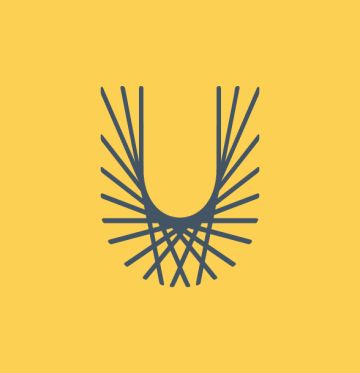
This programme explores current and emerging key concepts and issues in the area of addiction studies. Learners will be exposed to topics which are pertinent to the relevant addiction theories. They will gain insights and develop a deeper understanding of the signs and symptoms of addiction relating to all substances. The area of interventions will be covered while also taking an in depth look at the impact of addiction on families and communities. Finally students will examine the policy landscape for addiction and take a look at the historical development of policies and also give students an overview of international approaches. The programme is assessed by continuous assessment.
On successful completion of this module the learner should be able to:
Critically analyse theories of addiction
Explain and discriminate between different signs and symptoms of substance misuse.
Evaluate different interventions for responding to people with substance misuse issues.
Critically evaluate national alcohol and drug policies and locate them within the context of international policy developments.
Analyse the impact of substance misuse on the families and communities of substance users.
Delivery
This programme will be delivered online over 12 weeks via Blackboard Collaborate
Addiction theories
What is addiction, Psychological, biological, disease model, social learning theory, family system theory.
Signs and symptoms
All substances (including for e.g. prescription, illegal substances and poly drug use). Short and long term effects.
Interventions
Different interventions used with users e.g., wheel of change, motivational interviewing, CBT
Policy
Historical look at how policies have developed, New national drugs and alcohol strategy, international strategy
Impact on Families and Communities; Community Response
Impact on children, siblings, parents and grandparents of substance users; Social impact on a community, ethical practitioner
All applicants will be considered on a case-by-case basis. Lifelong Learning reserves the right to require applicants to attend for an interview to determine their suitability for the programme.
This programme is part of the Master of Arts in Child, Youth and Family Studies. Participants who complete this course may wish to consider completing the full level 9 programme
Course Leader


